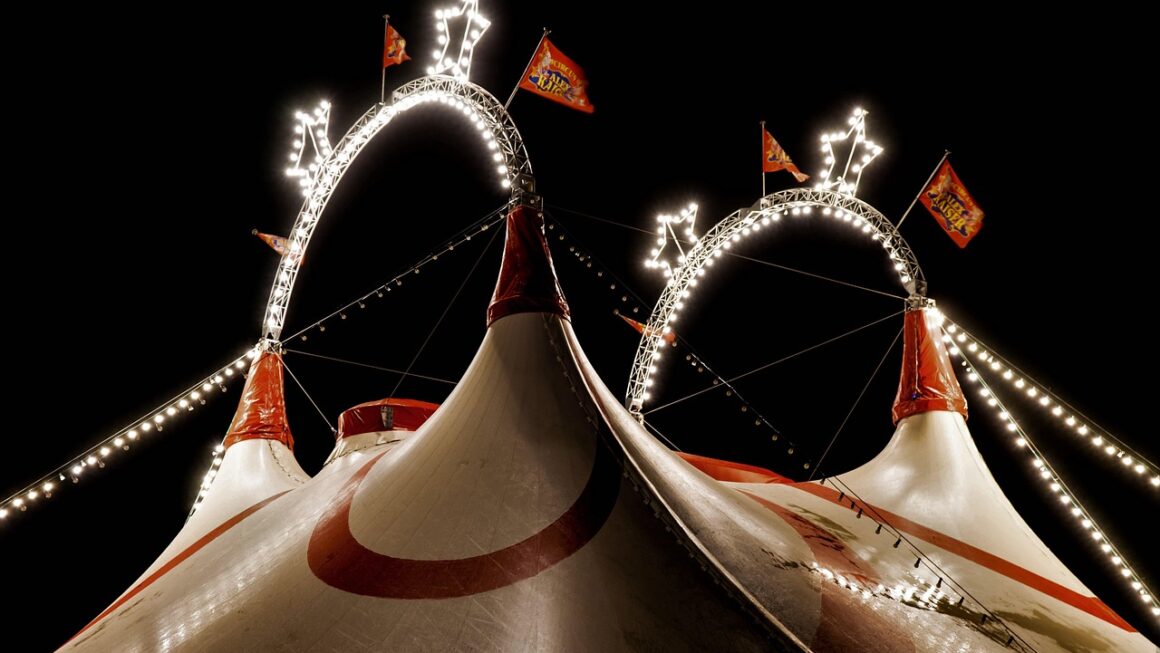The dazzling allure of celebrity culture pervades modern society. From the meticulously curated Instagram feeds to the relentless paparazzi flashes, celebrities dominate headlines and influence trends. But what is it about these individuals that captivates us so profoundly? And how does this fascination shape our values, aspirations, and even our sense of self? This post delves into the multifaceted world of celebrity culture, exploring its origins, impact, and potential future.
The Origins of Celebrity Worship
The Birth of the Star System
The concept of “celebrity” as we understand it today began to solidify in the early 20th century with the rise of mass media, particularly cinema. The studio system in Hollywood carefully crafted public images for actors and actresses, transforming them into larger-than-life figures.
- Example: Stars like Charlie Chaplin and Mary Pickford became global icons, their images reproduced and consumed on an unprecedented scale. Their personal lives, both real and fabricated, were meticulously managed to maintain their appeal. This marked the shift from being a talented performer to being a “celebrity” – a figure whose fame transcended their profession.
The Role of Mass Media
The proliferation of radio, magazines, and eventually television, further amplified the reach and influence of celebrities. Mass media created a direct line to the public, allowing for the dissemination of carefully constructed narratives and fostering parasocial relationships.
- Parasocial Relationship: This refers to the one-sided relationship fans develop with celebrities, feeling a sense of intimacy and connection despite the lack of reciprocal interaction.
- Actionable Takeaway: Be mindful of the information you consume through media and recognize the potential for curated narratives.
The Democratization of Fame?
The advent of the internet and social media has arguably democratized fame, creating new avenues for individuals to achieve celebrity status.
- Example: YouTube stars, TikTok influencers, and Instagram models have built massive followings without traditional media backing. This shift has created a more diverse landscape of celebrity, but also raises questions about authenticity and the criteria for fame.
The Psychology Behind Celebrity Obsession
Social Learning Theory
Albert Bandura’s Social Learning Theory suggests that we learn by observing and imitating others. Celebrities, often presented as idealized versions of ourselves, become role models, influencing our behavior, fashion choices, and even our aspirations.
- Example: A pop star wearing a particular brand of clothing can trigger a surge in sales, demonstrating the powerful influence of celebrity endorsement on consumer behavior.
Identity Formation
For many, particularly adolescents, celebrity culture plays a role in identity formation. Fans often identify with celebrities who embody values or characteristics they admire or aspire to possess.
- Example: A young athlete might idolize a professional player, emulating their training regimen and adopting their mannerisms in an attempt to mirror their success.
Escapism and Wish Fulfillment
Celebrity culture offers an escape from the mundane realities of everyday life. The seemingly glamorous lives of celebrities provide a vicarious experience of luxury, adventure, and success.
- Actionable Takeaway: Reflect on the reasons why you are drawn to certain celebrities. Are you seeking inspiration, validation, or simply an escape from reality?
The Impact on Society
Consumerism and Advertising
Celebrities are powerful tools for driving consumerism. Their endorsement can significantly impact the success of products and services.
- Example: High-end luxury brands frequently partner with A-list celebrities to promote their products, leveraging the celebrity’s image of sophistication and exclusivity.
- Statistics: Studies have shown that celebrity endorsements can increase sales by as much as 4%, demonstrating the tangible financial impact of celebrity influence.
Political Activism and Social Issues
Celebrities increasingly use their platforms to advocate for social and political causes.
- Example: Celebrities using social media to raise awareness about climate change or supporting organizations that promote social justice.
- Considerations: While celebrity activism can be impactful, it’s also important to critically evaluate the celebrity’s knowledge and credibility on the issues they are championing.
Mental Health and Body Image
The constant exposure to seemingly perfect celebrity images can negatively impact mental health and body image.
- Research Findings: Studies have linked exposure to celebrity media to increased body dissatisfaction, particularly among young women.
- Actionable Takeaway: Be critical of the images you see in media. Remember that celebrities often have access to resources like personal trainers, stylists, and cosmetic procedures that are not readily available to the average person. Focus on building a positive self-image based on your own strengths and values.
Navigating Celebrity Culture in the Digital Age
Critical Consumption of Media
It’s crucial to develop critical media literacy skills to navigate the complexities of celebrity culture. This includes understanding how media is produced, consumed, and the potential biases it may contain.
- Tips:
Question the sources of information.
Be aware of potential sponsorships and advertising.
* Consider the motivations behind the creation of media content.
Fostering Genuine Connections
Avoid relying solely on parasocial relationships for social fulfillment. Prioritize building meaningful connections with friends, family, and your community.
- Practical Tip: Limit social media use and dedicate more time to real-life interactions.
Promoting Positive Role Models
Seek out role models who embody positive values, such as integrity, kindness, and resilience.
- Consider: Look beyond traditional celebrities and consider individuals in your own community who are making a positive impact.
Conclusion
Celebrity culture is a powerful force that shapes our values, behaviors, and perceptions. While it can offer inspiration and entertainment, it is important to approach it with a critical and discerning eye. By fostering media literacy, prioritizing genuine connections, and seeking out positive role models, we can navigate the complexities of celebrity culture and harness its potential for good while mitigating its potential harms. The key lies in conscious consumption and maintaining a healthy perspective on the often-curated world of fame.




